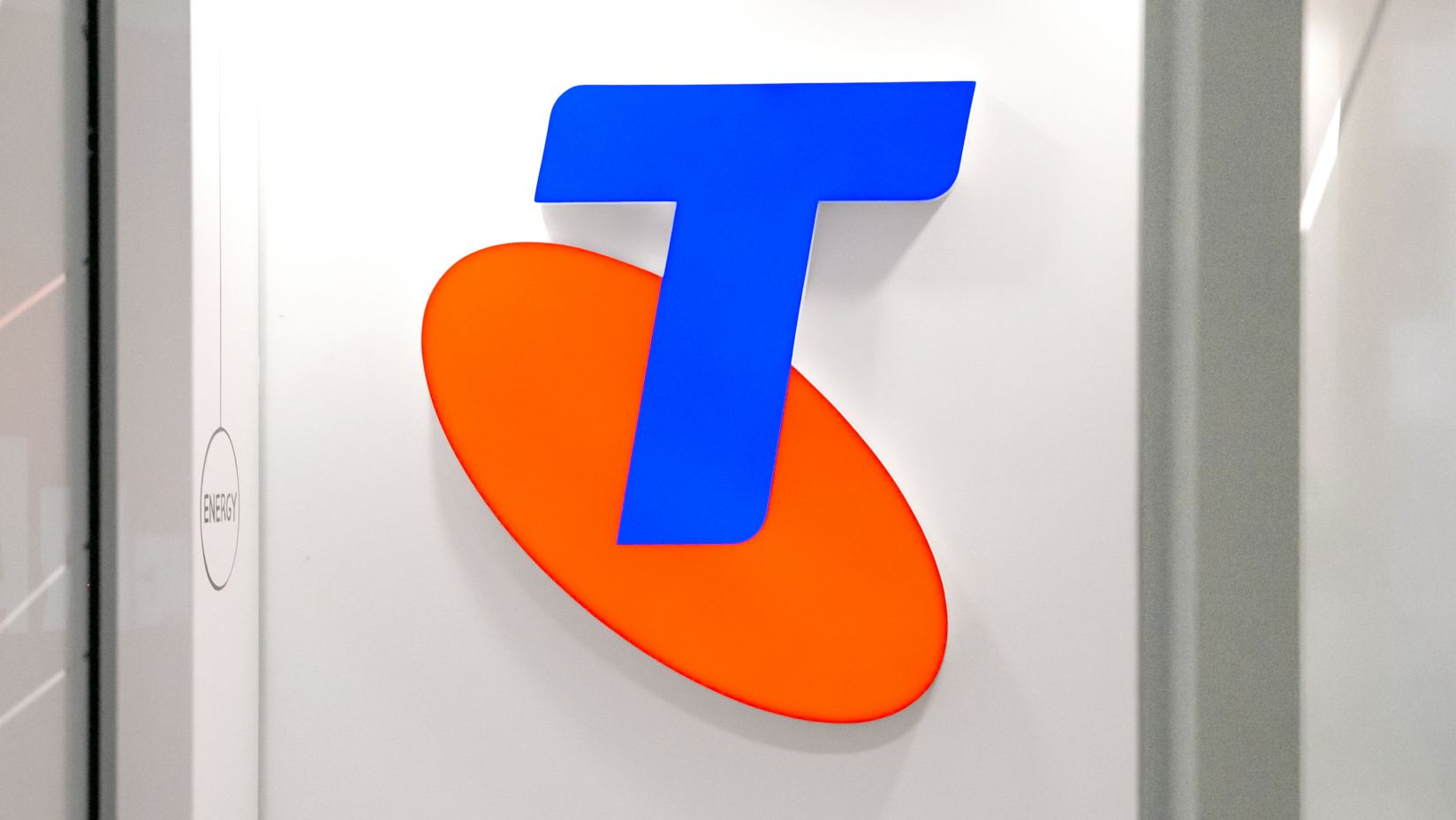Hybrid working: Busting the productivity myth
We are all different. We all have our own personal challenges, work in different ways and care about different things. As cities and offices start to open back up, embracing a hybrid way of working will allow everyone to thrive.

If anything, the last 18 months has given us a deeper glimpse into these differences – some have loved the previously unknown flexibility, while others had a harder time with isolation or working while home schooling. Through all of this, it has become clearer than ever that a one size fits all way of working is not the right way.
At a time when lockdowns are starting to lift, organisations are thinking about return to office plans and there is growing interest worldwide in what has been termed “The Great Resignation”, how, when and what we work on is increasingly important to us all – as business leaders and as employees.
Research and findings on hybrid working
So, we recently commissioned a landmark report (PDF 2.5MB) that found businesses that have adopted hybrid working, turbo-charged by the Covid-19 pandemic, overall have higher income, productivity, and levels of innovation.
In fact, Australia’s economy could be $18 billion larger and more than 42,000 extra full-time jobs could be created over the next decade if the country adopts a hybrid working future.
Businesses with hybrid working have six per cent higher income, on average, are 22 per cent more likely to see higher productivity and are 28 per cent more likely to be innovative than those without hybrid working policies.
The research also found that hybrid working could:
- Improve customer service by 12 per cent
- lead to more engaged employees, improve employee wellbeing and reduce attrition
- help small businesses increase their income by seven per cent for those that do it successfully
- open up the talent pool to more people, from more backgrounds and in more places. For example, mums and dads who want to return to work, those who live in regional areas and it means we can be more inclusive including for those with disabilities.
At Telstra, we’ve been working flexibly for the better part of a decade, and as COVID-19 has truly accelerated our adoption of hybrid working as the ‘new normal’, we’ve seen the benefits for our company, our customers and our people.
The research for this report was undertaken for Telstra by Deloitte Access Economics and researchers from the Australian National University, providing quantitative analysis using business modelling with ABS data.
With data from over 7,000 organisations and a survey of 1,250 business leaders and employees and reinforced what we’ve known for years now at Telstra – that a hybrid workforce benefits business, employees and the economy as a whole.
The findings are supported by hybrid working policies already in place at some of Australia’s leading companies including Telstra, BHP, Microsoft, CBA, and Officeworks.
Not just for big business
Hybrid working won’t just benefit large organisations. Small and medium businesses have more to gain through higher incomes and productivity from hybrid working than their larger counterparts, in part as larger organisations have invested earlier in digitising their customer experiences and workplaces.
Improvements also come from the new opportunities it creates. Removing barriers to work creates more opportunities for mums and dads with young kids, people with disabilities or caring responsibilities, Indigenous Australians and those living in regional and remote parts of Australia as we open up the talent pool to more people.
Making the right decisions as leaders
Throughout the report, it’s clear that there are a few key factors for success with hybrid work, regardless of the industry.
Firstly, leaders need to make bold and deliberate choices to suit their workplaces and their people so they strengthen the ties they have with their employees. By listening to your people, and developing a hybrid working plan that’s easy for everyone to understand, it will help to build greater engagement across the business.
Alongside that too is making sure that everyone has access to the right tools, software, services and support needed to do their job well.
Offices will still have their place, and having the right tools and facilities available for people come together for training, collaboration, and connection, rather than outdated 9-5 work will be just as important.
At Telstra, we have invested in tools and technologies to help our people when working in different locations. This includes the supply of essential office equipment, from monitors to sit-stand desks with a self-service toolkit solution. Another internal tool we developed allows us to book hot desks, car spaces and meeting rooms when we want to come into an office.
To help support our people’s mental wellbeing, earlier this month many of us took a day of annual leave together, and we also gave a bonus annual leave day for our team who took that day off to take whenever it suits them.
The report found that when employees were provided a hybrid working policy that worked for them, as well as all the tools, technology and support needed, that not only did work performance improve, but so did mental health. I found these data points particularly telling:
- 90% of those surveyed agree their mental health has improved or stayed the same
- 54% consider hybrid working to be as or more important than a 5% pay rise
- 83% agree their physical health has improved or stayed the same
It also found that an effective hybrid working policy leads to employees more likely to be proud of the organisation they work for, more likely to want to progress their career there and are more likely to contribute new ideas.
Hybrid working isn’t without its challenges and managing the experiences of employees from onboarding and cyber security to collaboration and even mental health considerations will be crucial to this new way of working.
As we come out of one of the most disruptive events in decades, it’s a rare opportunity for business’ to really take a step back. To think differently about how they operate and build a more resilient, digitally capable organisation that embraces the things that make us all different.


